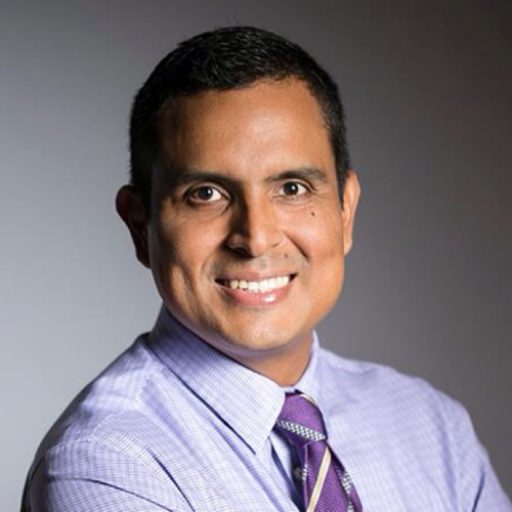Source: realtor.org/realtormag
The homebuyer tax credit is one of 10 key provisions of the American Recovery and Reinvestment Act signed by President Obama into law on Feb. 17, 2009.
The bill provides for a $8,000 tax credit that would be available to first-time home buyers for the purchase of a principal residence on or after January 1, 2009 and before December 1, 2009. The credit does not require repayment. Most of the mechanics of the credit will be the same as under the 2008 rules: the credit will be claimed on a tax return to reduce the purchaser’s income tax liability. If any credit amount remains unused, then the unused amount will be refunded as a check to the purchaser.
Who Qualifies?
First-time home buyers who purchase homes between January 1, 2009 and December 1, 2009.
To qualify as a “first-time home buyer” the purchaser or his/her spouse may not have owned a residence during the three years prior to the purchase.
Which Properties Are Eligible?
The 2009 First-Time Home Buyer Tax Credit may be applied to primary residences, including: single-family homes, condos, townhomes, and co-ops.
How Much Will the Credit Be?
The maximum allowable credit for home buyers is $8,000. Each home buyer’s tax credit is determined by two factors:
The price of the home—the credit is equal to 10% of the purchase price of the home, up to $8,000.
The buyer’s income—single buyers with incomes up to $75,000 and married couples with incomes up to $150,000—may receive the maximum tax credit.
If the Buyer(s)’ Income Exceeds These Limits, Can He/She Still Get a Credit?
Yes, some buyers may still be eligible for the credit.
The credit decreases for buyers who earn between $75,000 and $95,000 for single buyers and between $150,000 and $170,000 for home buyers filing jointly. The amount of the tax credit decreases as his/her income approaches the maximum limit. Home buyers earning more than the maximum qualifying income—over $95,000 for singles and over $170,000 for couples are not eligible for the credit.
Will the Tax Credit Need to Be Repaid?
No. The buyer does not need to repay the tax credit, if he/she occupies the home for three years or more. However, if the property is sold during the three-year period, the credit will be recouped on the sale.

